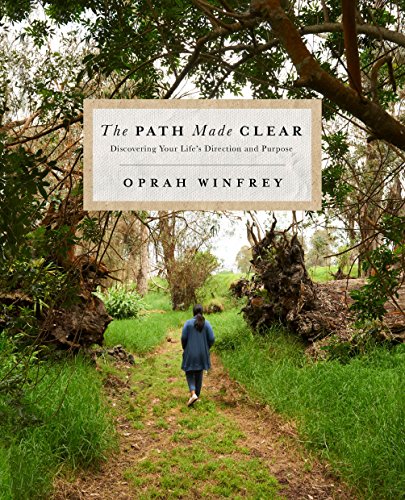In our economy, a number of changes are occurring: Millennials are trading in traditional job options to begin tech start-ups, start small companies embedded in local economies, or freelance their skills. We now can easily create, purchase or sell handcrafts in our local communities. In his newest book, Aaron Hurst, a internationally renowned businessman, founder of the Taproot Foundation and CEO of Imperative, concludes that although at first these trends appear unrelated, together they show…
> Read more
In our economy, a number of changes are occurring: Millennials are trading in traditional job options to begin tech start-ups, start small companies embedded in local economies, or freelance their skills. We now can easily create, purchase or sell handcrafts in our local communities. In his newest book, Aaron Hurst, a internationally renowned businessman, founder of the Taproot Foundation and CEO of Imperative, concludes that although at first these trends appear unrelated, together they show a common trend that points to intent as the real engine of the American economy. Like the digital revolution that has powered technology and economic development so far, Hurst argues that our modern social age is driven by engaging people to their purpose. This is an environment in which interest lies in setting aim for staff and clients by meeting more than their own needs, facilitating individual development and community building. Hurst reveals, based on interviews with thousands of entrepreneurs, that this modern age is now driving demand for a whole host of goods and services and changing how millennials see their careers. A modern generation of entrepreneurs such as eBay, Zaarly, Tough Mudder, Kickstarter, and Airbnb focused their business plan on developping connection between people. Along with the visionary businessmen who created them, Hurst names these businesses Purpose Economys. The book was at once a personal recollection of Aaron Hurst’s own transformation as a purpose-driven businessman when he quit a well-paid tech career in 2001 to start Taproot, establishing a platform for millions of professionals and Fortune 500 firms to work for non-profits. It’s also a blueprint for a modern global age that changes economies, industries and jobs to serve people and the environment better.
< Read less
In our economy, a number of changes are occurring: Millennials are trading in traditional job options to begin tech start-ups, start small companies embedded in local economies, or freelance their skills. We now can easily create, purchase or sell handcrafts in our local communities. In his newest book, Aaron Hurst, a internationally renowned businessman, founder of the Taproot Foundation and CEO of Imperative, concludes that although at first these trends appear unrelated, together they show a common trend that points to intent as the real engine of the American economy. Like the digital revolution that has powered technology and economic development so far, Hurst argues that our modern social age is driven by engaging people to their purpose. This is an environment in which interest lies in setting aim for staff and clients by meeting more than their own needs, facilitating individual development and community building. Hurst reveals, based on interviews with thousands of entrepreneurs, that this modern age is now driving demand for a whole host of goods and services and changing how millennials see their careers. A modern generation of entrepreneurs such as eBay, Zaarly, Tough Mudder, Kickstarter, and Airbnb focused their business plan on developping connection between people. Along with the visionary businessmen who created them, Hurst names these businesses Purpose Economys. The book was at once a personal recollection of Aaron Hurst’s own transformation as a purpose-driven businessman when he quit a well-paid tech career in 2001 to start Taproot, establishing a platform for millions of professionals and Fortune 500 firms to work for non-profits. It’s also a blueprint for a modern global age that changes economies, industries and jobs to serve people and the environment better.
< Hide description




